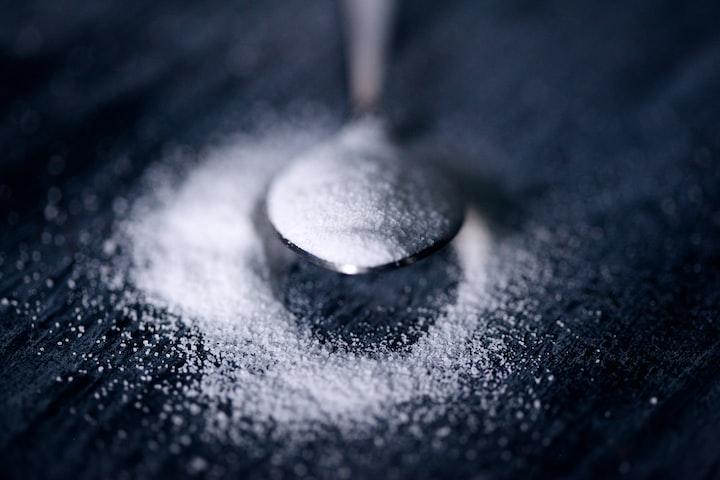There are essential macronutrients every athlete needs to know about. In the following article we’re going to discus what these are, and how to get them into your diet.
Carbohydrates

There are two types of carbohydrates: simple and complex. Simple carbohydrates are made up of one or two sugar molecules, while complex carbohydrates are made up of three or more sugar molecules.
The body breaks down all carbohydrates into glucose, which is then used for energy. The amount of glucose that is produced depends on the type of carbohydrate consumed.
Complex carbohydrates (such as starches) take longer to break down and release glucose into the bloodstream than simple carbohydrates (such as sugars). This means that they provide a slower, more sustained energy release than simple carbs.
Simple carbs are generally found in processed foods, while complex carbs can be found in whole grains, fruits, vegetables, and beans.
Protein and Amino Acids

Proteins are large, complex molecules that perform a wide variety of functions in the body. They are made up of smaller units called amino acids. There are 20 different amino acids that can be combined to form a protein.
Amino acids are the building blocks of proteins and they link together in specific sequences to form particular proteins. The sequence of amino acids determines the protein’s three-dimensional shape and its function.
Proteins play a vital role in the structure and function of all cells, tissues, and organs in the body. They are essential for growth and development, as well as for repair and maintenance of body tissues. Proteins also play an important role in metabolism, providing energy for the body’s activities. In addition, proteins have many other functions, such as transport (e.g., hemoglobin carries oxygen), storage (e.g., ferritin stores iron), signaling (e.g., hormones regulate cell activity), and protection (e.g., antibodies defend against infection).
The human body needs a constant supply of amino acids to make new proteins or to replace damaged proteins. Amino acids can be obtained from food or supplements, but the body can also synthesize some amino acids from scratch using simple molecules obtained from food or other sources.
Fats and Cholesterol
Fat is a nutrient that our bodies need in order to function properly. It provides energy, helps to absorb vitamins and minerals, and insulates our bodies against heat and cold. Cholesterol is a type of fat found in every cell in our bodies. It plays an important role in many bodily functions, including producing hormones and helping to digest food.
While too much fat or cholesterol can be harmful to our health, moderate amounts are necessary for good health. In fact, some research suggests that dietary cholesterol may actually be protective against heart disease . So if you’re trying to lower your cholesterol levels, don’t completely eliminate fats from your diet – just choose healthy fats instead of unhealthy ones.
Healthy fats include unsaturated fats like olive oil, avocado oil, and nuts. Unhealthy fats include trans fats (found in processed foods) and saturated fats (found in animal products). Aim for healthy fats most of the time, but don’t worry if you eat an unhealthy fat occasionally – it’s not going to kill you!
Water

No other substance on Earth can take its place. Water is essential for life. Every cell, tissue, and organ in the human body needs water to function properly. For example, water:
– Carries nutrients and oxygen to cells – Flushes toxins from vital organs – Moistens air for easy breathing – Regulates body temperature.
The average person needs about eight glasses of water a day to stay hydrated. But that’s just an average, and your exact needs depend on many factors, including your activity level, age, climate, and overall health. Some people may need more or less depending on these factors. You can usually tell if you’re drinking enough water if your urine is pale yellow or straw colored. If it’s darker than that, you may need to drink more fluids (water is best) throughout the day.
